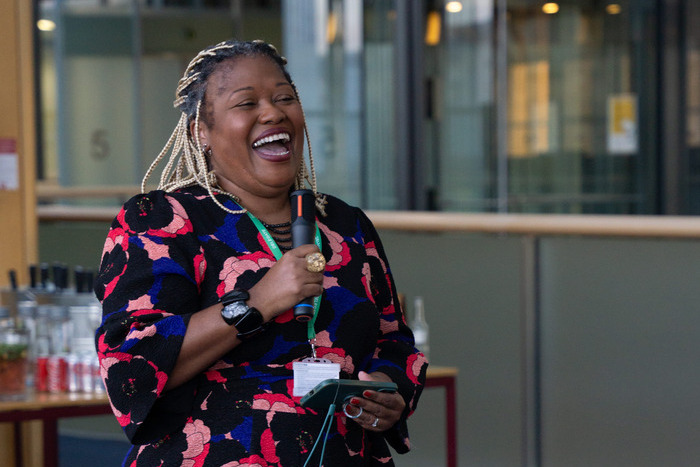Assemblis’ purpose is to support the Global Mutirão, Brazil’s flagship initiative of collective community action
The Brazilian Presidency of COP30 has named the Global Citizens’ Assembly’s digital platform Assemblis as its official tool for citizen participation. This move helps further the cause of inclusive global climate action, where citizen voices will be uplifted in these climate discussions.
The announcement was made at a high-level event during London Climate Action Week, hosted by the Wellcome Trust and the Global Citizens’ Assembly and attended by government officials, philanthropies, and international institutions.
Assemblis is a newly developed digital platform that lets individuals and communities interested in climate reform join assemblies, plan collective actions, contribute solutions, and call on their leaders to act at COP30 and other key climate decision-making spaces in the coming years.
Assemblis’ purpose is to support the Global Mutirão, Brazil’s flagship initiative of collective community action. It takes local inputs from communities, and turns that into global insight by mapping contributions from around the world and showing how public voices are shaping decisions at the highest level.
At COP30, which is scheduled to be held in Brazil from 10 to 21 November 2025, one can expect the Global Mutirão to voice the opinions of communities to help shape the climate talk’s agenda.
More space for citizen voices
The Global Citizens’ Assembly first piloted its approach at COP26 in Glasgow, and has grown into a global institution, aiming to involve 10,000 participants by COP30. This year, it has four main participation avenues to shape climate agenda – civic assembly, community assemblies, coalition and culture.
In other words, the civic assembly will comprise 150 people selected through lottery to represent the whole world. The group’s aim would be to discuss global climate concerns, coupled with scientific knowledge, and insights from communities across the world. After a year, the group’s recommendations will be presented at COP31.
Community assemblies, on the other hand, are small-scale, local conversations that will take place around the world, where local people and communities will voice the impacts they are facing due to climate change, and debate upon much needed climate solutions. This will help in bringing out what is needed at the local level, lived experiences of battling the climate crisis, and frontline solutionist ideas emerging from these which will inform global policy discourses.
“We’ve found incredible partners who truly embody the spirit of the Global Mutirão, that means finding common ground, and democratizing solutions. We want to learn from people who are refusing to give up in the face of the climate crisis, who are surviving through ingenuity. They can find partners beyond the usual suspects, and through that, drive real change. There could be a small community in the middle of somewhere like Malawi with a powerful solution, but right now, we may not even know they exist. Assemblis will make that possible,” said Maria Augusta Arruda, senior consultant to Brazil’s Ministry of Foreign Affairs, while announcing the collaboration.
The other two avenues of coalition and culture will enable collective participation of governments, civil society organisations, universities, and multilateral bodies, while films, music and other forms of media will be utilised to showcase the climate crisis, and hopefully change the discourse towards a more people-focused narrative.
“When you look at communities, whether it’s in Bali, Sumatra, the Philippines, or Vietnam, people are rolling up their sleeves, being profoundly pragmatic, and very specific about what they need. Anything that brings those people together and allows that to be expressed and met by a serious policy conversation, is really important,” said Rachel Kyte, the UK Special Representative for Climate Change.
About The Author
You may also like
Article 9.1 at Bonn: The Push for a Standalone Agenda
Stepping Towards $1.3 Trillion: Inside the Baku to Belém Roadmap Party Consultation at SB62
Will Bonn Talks Set the Stage for COP30?
Can parametric insurance protect India’s most vulnerable from climate risks?
Carbon Pricing Key to Drive Decarbonisation in Internationally Traded Sectors: Report


